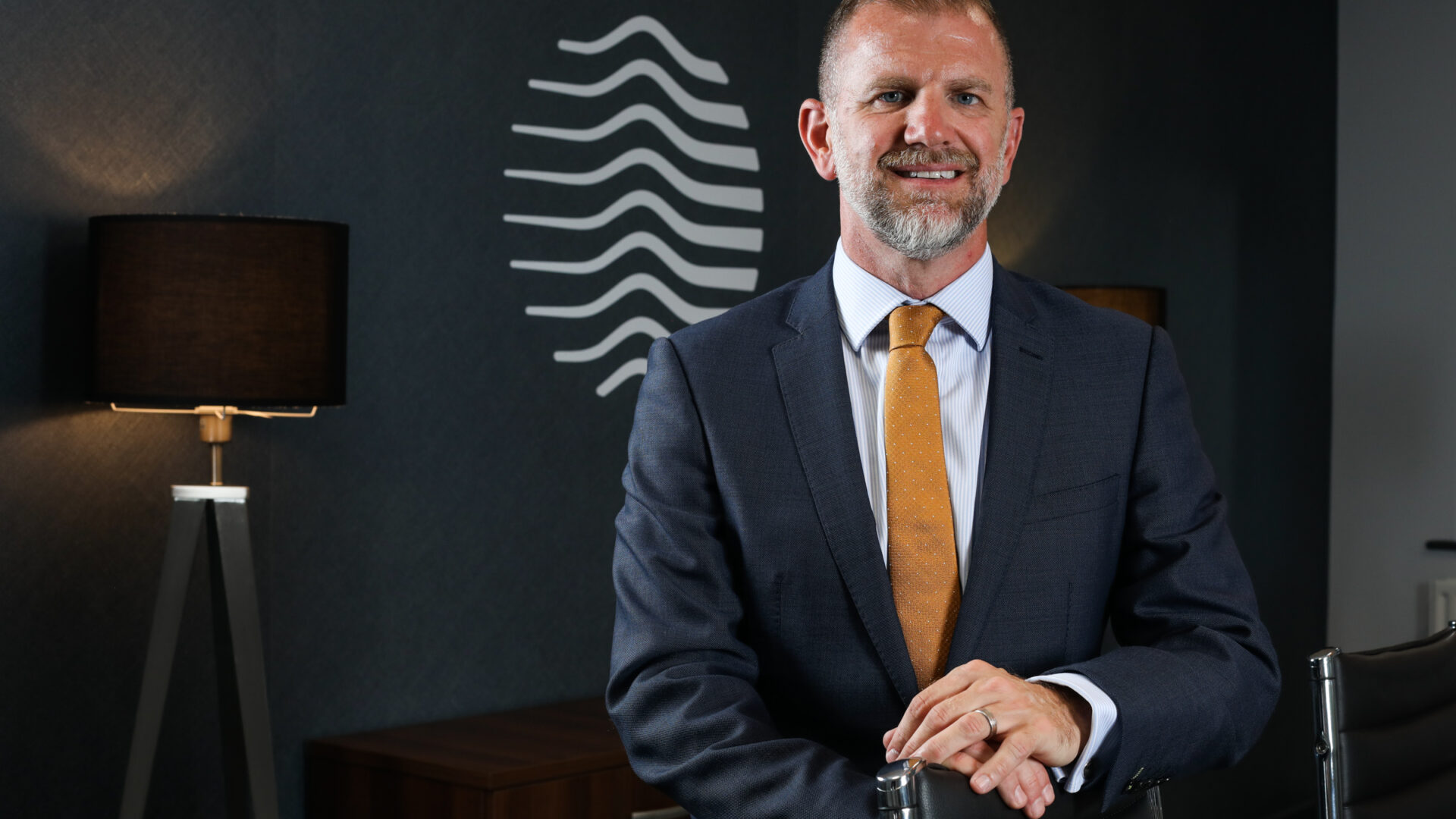
With ‘get rich quick” adverts flooding our social media and investment apps at our fingertips – the temptation to try our hand at DIY investment has never been greater!
There’s been a steady rise in DIY investors (also known as retail or individual investors) in recent years and although it seems exciting, there’s no question that it comes with its own set of risks.
If you took the plunge and decided to dabble in stocks or bitcoin, would you pay for advice or go it solo?
The FCA (Financial Conduct Authority) recently published research showing that a more diverse audience is choosing to DIY invest. This new group includes females, under 40s and from a BAME (Black, Asian & Minority Ethnic) background.
This newer – and more millennial – audience, is more reliant on social media for tips on investing and the FCA research warns young investors who are getting involved with high-risk investments to be careful. There is evidence that higher risk products may not always be suitable for these consumers’ needs. DIY investors might sell at the wrong time or invest in a portfolio unsuitable for them.
The study found that 59 per cent claim that a significant investment loss would have a fundamental impact on their current or future lifestyle and 63 per cent say they cannot afford to lose the money they are investing. Yet, it doesn’t stop them from taking the risk.
During a recent edition of The Active Spirit Live video series, professional footballer and young investor, Bailey Peacock Farrell said: “I don’t invest on a whim but people want an instant win – it’s like a slight form of gambling.
“Having the right people around me to trust – that was the biggest thing for me.”
Fraser Wilkinson, executive director at Quilter Cheviot Investment Management and friend of Active agreed with Bailey, saying, “Be careful of the gamblers’ high – be steady, diversify. But make sure you take proper advice.”
But what is the true value of professional financial advice? Research by the International Longevity Centre-UK (supported by Royal London Insurance) said that those who take financial advice (independent or restricted) are on average £40,000 better off than those who do not. This included liquid assets and pension wealth.
However, professional financial advice delivers much more than just financial benefits. Research by Royal London Insurance (in 2020) says those who take advice feel more confident and financially resilient. The research also found that 41 per cent of those who did not receive financial advice felt anxious about household finances, compared to 32 per cent of people who did seek advice.
“We focus on building long term relationships with our clients,” said our MD, Karl Pemberton
“Our advisers are not only extremely highly qualified, but also regulated. They have years of experience in the industry but also and most importantly they know the risks.”
“Our rigorous review system ensures that we communicate and meet with our clients on a regular basis, allowing us to adjust any client plans in a timely manner as circumstances or financial objectives change.”
Although the promise to “get rich quick” may seem appealing, it’s important to remember that if something looks too good to be true, it probably is!
#TheClearAdvantage
The information provided must not be considered as financial advice.
We always recommend that you seek financial advice before making any financial decisions
The value of investments and income from them can fluctuate (this may partially be the result of exchange rate fluctuations) and investors may get back less than the amount invested.
Past performance is not a guide to future performance



